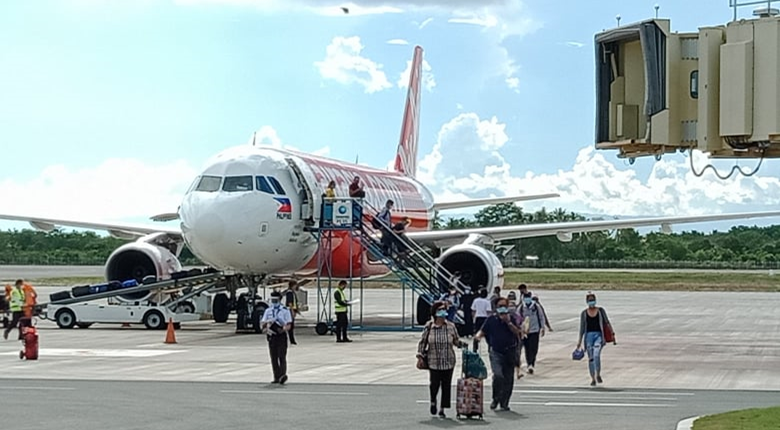
Thousands of Boholano overseas Filipino workers have lost their jobs or have decided to return home, “substantially” decreasing OFW remittances amid the COVID-19 pandemic which has wreaked havoc on economies the world over, a congressman said.
According to First District Rep. Edgar Chatto, some 4,000 OFWs from Bohol have returned to the country due to the pandemic based on data from the Overseas Workers and Welfare Administration (OWWA).
The OWWA data did not yet reflect the number of Boholanos who lost their jobs abroad but have not been flown home yet.
There are about 53,600 registered Boholano OFWs across the world, said Chatto.
“Mas daghan ang OFW Boholanos na tua ron sa gawas, ikomparar sa mga OFWs na nanguli dinhi sa ato,” said Chatto.
The veteran legislator who works closely with the Department of Foreign Affairs and OWWA did not have figures yet but he projected a significant drop in remittances due to the pandemic.
“In general, it is safe to conclude na ang substantial amount sa remittances hing kunhod g’yud,” he added.
OFW remittances have long been considered as one of the backbones of the Philippine economy.
Data from the Bangko Sentral ng Pilipinas showed that personal remittances from OFWs reached a record high of $33.5 billion in 2019.
Personal remittances accounted for 9.3 percent and 7.8 percent of gross domestic product and gross national income, respectively, in 2019.
Tourism recovery
According to Chatto, Bohol should be ready to reopen its tourism industry which has been one of the top local economic drivers.
He said that he was in favor for the steady restart of businesses in the province but admitted that the reopening of the tourism industry would be a subject of dispute among various sectors due to the ongoing global health crisis.
“Bohol and our people must be ready to accept tourists. Even on that issue alone, I am very sure dili ta pareho og huna-huna tanan ana, manggilalis g’yud og ready na ba o dili,” he said.
Bohol’s readiness to safely accommodate tourists is just one part of the equation however as Chatto noted that the province should also generate confidence from travelers for them to visit the island.
Amid the economic slump, only the agriculture sector has been spared as it saw a six percent growth in gross domestic product in the previous quarter.
Chatto said this was due to the unrestricted movement of agriculture products across the country even with the tight human travel restrictions which were implemented as part of efforts to contain the outbreak.
The same bullish outlook goes for the robust agriculture industry in Bohol which is considered the “rice bowl of Central Visayas.” (R. Tutas)
